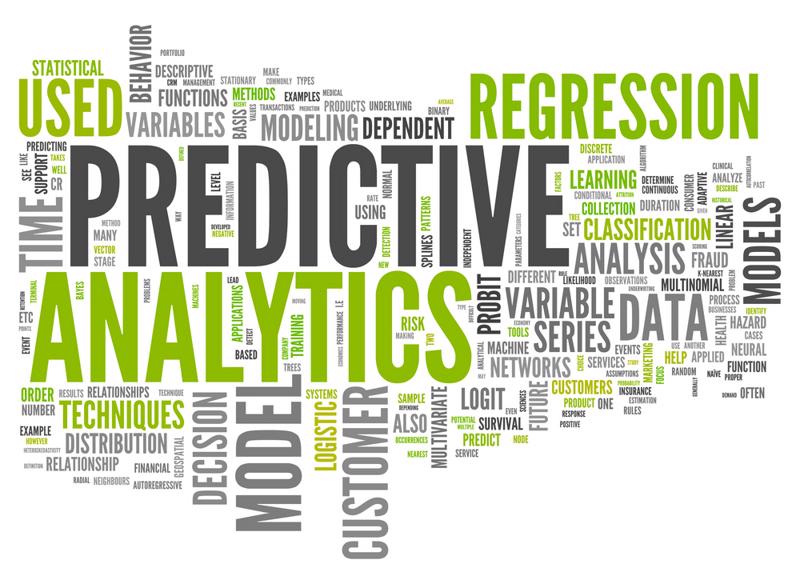
Dealing with artificial intelligence systems as decision-making tools is a complex prospect for today's business personnel, one affected by years of expectations. The name comes with its own baggage: When saying that something is intelligent, what kind of power are designers implying? Will these solutions become important links in the value chain? Will they take over their respective departments, becoming the prime power behind choices that were once made by people?
The AI revolution is close enough to practical everyday use that it's now time to disentangle the image of the science fiction robots from the very real analytics technology becoming available to companies. The supply chain, where split-second decisions can have serious financial ramifications, is a great place to put the old myths to rest and discover the real value of data-analyzing AI algorithms.
Real value emerges
Spend Matters contributor Pierre Mitchell recently warned about the kind of disillusionment that sets in when a technology has been hyped and promoted for years. This effect could keep companies from giving AI-based solutions a fair chance because the related tools have received breathless hype. The memories of past developments, such as the late-90s promise of autonomous negotiation software, can render decision-makers leery of investing in the next big thing.
Mitchell countered this quite natural cynicism with reminders of the very real tasks that become easier, more efficient or otherwise better when there's an AI algorithm in place. Companies can use these powerful IT engines to accurately project risk and potential, delivering accurate predictive
analytics that lead to better benchmarks.
The current generation of machine learning has become more powerful than was previously possible. Mitchell suggested that the cloud's ability to put a massive amount of computing horsepower into solving a single problem has enabled companies to gain the deep insights that will make their strategic sourcing operations better. Thinking of AI as less like a sci-fi automaton and more like the next step in big data analytics power will help supply chain professionals envision their next steps with the technology.

In a Supply Chain Digital article, the Chartered Institute of Procurement and Supply named AI as one of its top 10 concepts for chief procurement officers to monitor. The reason for its inclusion is due to the fact that the technology has already become a useful part of the technology ecosystem in China. Rather than simply being valued for its theoretical future use, AI is enabling efficiency and improving decision making in health care, retail, manufacturing and more.
CIPS gave a practical example of AI purchasing in action: Supermarkets are employing advanced algorithms to track stock and make predictive decisions about which products to order and when. Perishable food items go to waste when buyers make the wrong call about future demand. AI programs armed with a large amount of accurate data can ensure orders are as close to perfect as possible, taking a split-second decision out of human hands and reducing the amount of food thrown away. This same kind of spot-on analysis can help other industries tune up their own operations.


Post A Comment:
0 comments so far,add yours